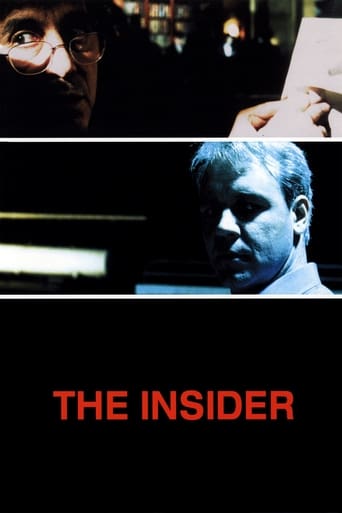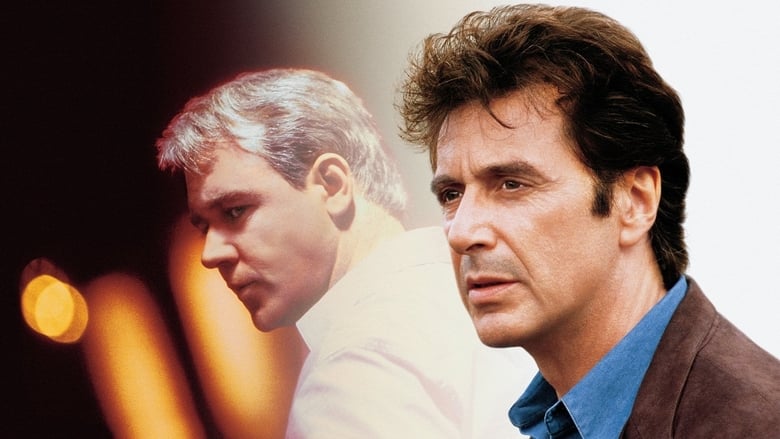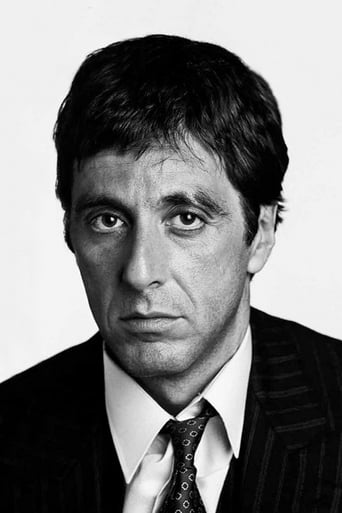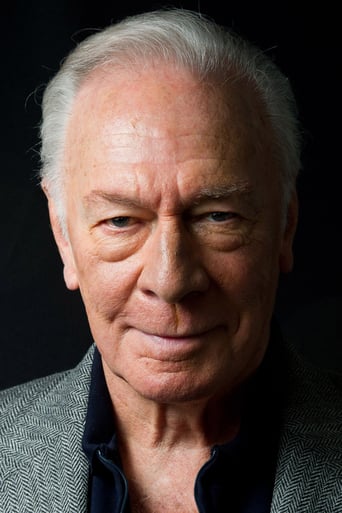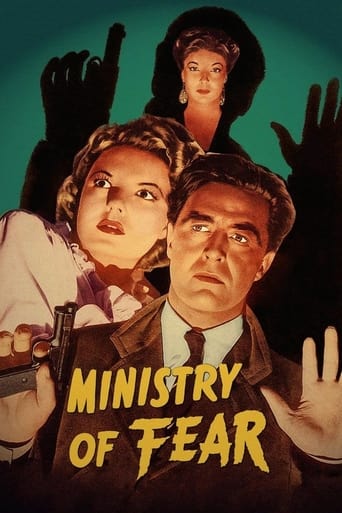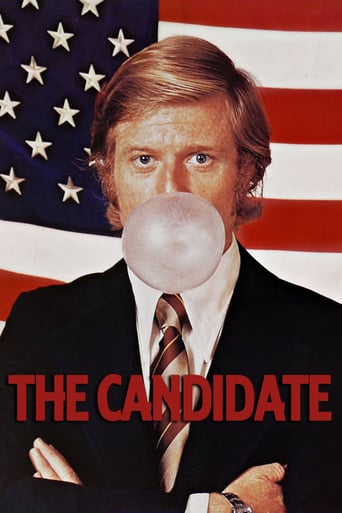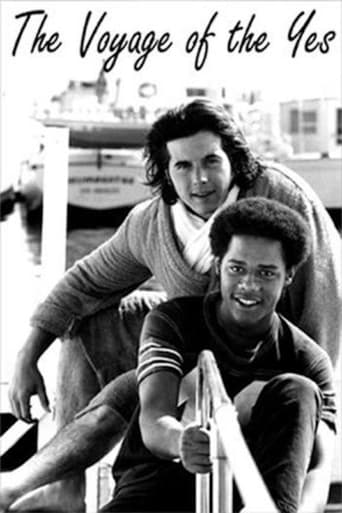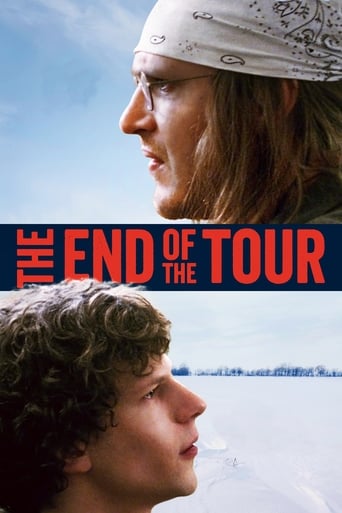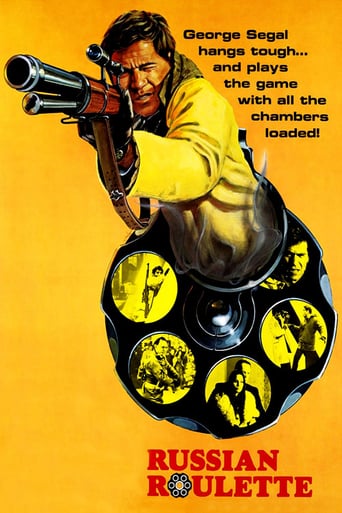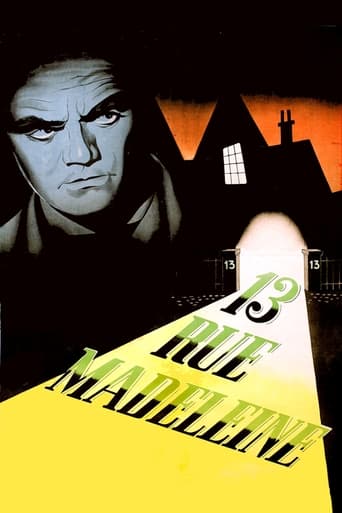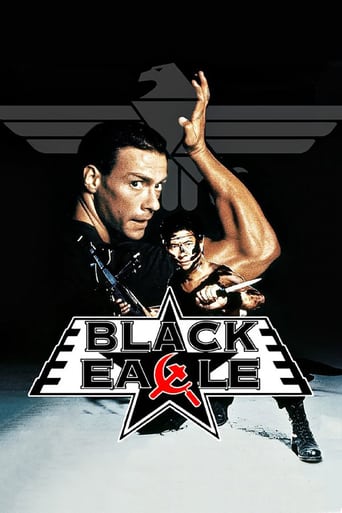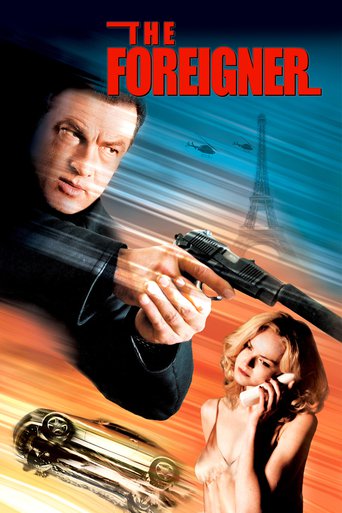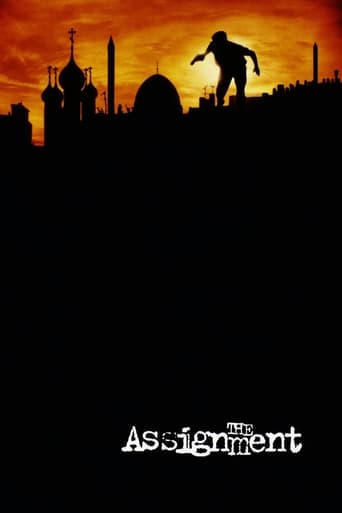The Insider (1999)
A research chemist comes under personal and professional attack when he decides to appear in a 60 Minutes exposé on Big Tobacco.
Watch Trailer
Cast


Similar titles
Reviews
It will come as no surprise to faithful readers of this column that I like good movies. I also like that even rarer event, the important movie. Rarest of all is that special movie that is both good and important. Michael Mann's The Insider is just such a film.Mann's best-known efforts to date are the films Heat and Last of the Mohicans. This film demands a more subtle and sophisticated guiding hand and Mann clearly rises to the challenge. The Insider is the somewhat fictionalized, but basically true, story of Jeffrey Wigand (played by Russell Crowe), a tobacco executive turned whistle blower. It is also the story of Lowell Bergman (Al Pacino), a passionate producer who becomes a whistle-blowing insider in his own right.The subject matter of the film places it in the tradition of films like Silkwood, The China Syndrome, and A Civil Action. When Wigand agrees to go on the record exposing the cover-ups and perjury by tobacco industry executives he is harassed, threatened, betrayed, and abandoned. The real story here though is how CBS was bullied into softening and burying the story. Pacino's performance as the passionate producer with integrity provides the moral center of the film.It should come as no surprise that this is a good film. In addition to Mann's capable direction, there are some excellent performances by Crowe (who viewers might remember as Bud White in LA Confidential) and Pacino. Christopher Plummer also does superior work in his less than flattering portrayal of Mike Wallace. The screenplay is adapted from a short story by one of the masters of adaptation, Eric Roth (Forrest Gump, The Horse Whisperer). Cinematographer Dante Spinotti uses color, light, and shadows to infuse the story with rich visual symbols. This is a good film by a team of gifted artists.But this is also an important film. It would be a mistake to see this film as simply a film about the tobacco industry or the co-optation of the news industry. Ultimately, it is about corporate power in its broadest sense. It was especially interesting watching this film on the weekend of the Microsoft monopoly ruling. The clear message of this film is that we all lose when the bottom line of corporate profits is our only moral compass. We live in a society desperately in need of prophetic critique and moral pronouncement. The Insider does not say all that needs to be said, but it provides a welcome start to a much-needed dialogue.
When Dr. Jeffrey Wigand (Russell Crowe) made the statement above in a sworn deposition, it changed the tenor of the story for me. Everyone knows that smoking cigarettes is bad for you, but when the damage caused by smoking is exacerbated by chemically treated additives designed to affect the brain and central nervous system so that users become addicted, well that adds a whole new dynamic to this story of corporate complicity to prevent the truth from reaching the American public. I wasn't following this news event all that closely when it broke, but one didn't have to because most of the glaring headlines told the story. I do remember the bit about the 'nicotine delivery business' and it had the effect of sending chills up your spine when associated with the 'ammonia chemistry' Wigand also spoke about. For me, this film played out almost like an espionage thriller. You had the upper levels of corporate and media hierarchy entangled in a sophisticated legal dance designed to keep the truth from coming out. One has to credit the real Dr. Wigand for the courage and fortitude required to withstand the daily onslaught against his character and integrity. Russell Crowe turns in a skillfully conflicted performance of a family man on the brink of having his entire world collapse while trying to do the right thing. Al Pacino may be better known for other roles but he was never finer than he was here as firebrand CBS producer Lowell Bergman, carrying his loyalty and integrity right to the very edge with his company and on-air personality Mike Wallace (Christopher Plummer). The only part of the script I didn't agree with was when Crowe's character is described by Bergman as being an ordinary person under extraordinary pressure for telling the truth. No matter how you slice it, Wigand was no ordinary person to put up with a divorce, the breakup of his family, and personal character assassination in order to out the tobacco companies. It takes a certain kind of individual in the face of overwhelming opposition to become, in a paraphrase of an earlier comment, a truth delivery system.
There are basically two interlinked stories here. One is about Mike Wallace a charismatic television personality, who caved in to corporate power. The other is the story of Jeff Wigand, a bumbling character who was persuaded to take on a company I'd never heard of called Brown & Williamson, a subsidiary of British American Tobacco. He eventually succeeded in changing the public's perceptions of the effects of smoking. Although the public may have been quite aware of those effects already. Crowe looks a bit like Wigand, and Plummer looks quite like Wallace. Pacino, who played the persuader, Lowell Bergman, a reporter, doesn't look like him. It seems that Crowe spent a lot of time with Wigand so that he could imitate him in the film. Bergman has said that the film was emotionally, politically and, in general, dead-on accurate. He terminally fell out with Wallace.Wallace is said to have hated this portrayal of him. But the force of corporate power is a given. Not many are as resolute as, say, Thomas More. It's an extremely unusual man who stands up to corporate pressure.However, the question I was left asking myself was: How addictive is nicotine, and: is it the nicotine which harms the body, or is it the smoke of the tobacco leaves ? I used to be a fairly heavy smoker – 30 or 35 cigarettes a day; but gave up on 16 November 2010 and have only smoked about 15 cigarettes since, after finding them lying around the house. I think it's more of a habit than an addiction. The film is too long.
It's interesting that, on several occasions, "The Insider" insists on the fact that it was a dramatization and at times fictionalization of real-life events as if the makers decided to adopt the characters' honesty and transparency. It's all to the credit of Eric Roth and Michael Mann who respectively wrote and directed a powerful drama about men caught in professional and ethical dilemmas, but ultimately, making the right choice. Still, this is a long road to these 'right choices', paved with seemingly insurmountable obstacles -the worst being internal- and depicted through a claustrophobic and moody thriller.For the thrills, "The Insider" relies on a heavy editing, an abundance of phone calls between angry protagonists, a succession of threats and volte-faces, of confused hesitations and divisive decisions, the overall effect is dizzying and upsetting, there are many reliefs where the characters can question their choices but it's only at the end that we can finally breath. And as inspirational as the message is, we're also glad that this exhaustive journey has finally ended. There's no cheers, no arms raised, no champagne popping, no exchange of smiles, there's a feeling of sheer loneliness that inhabit all the players of this influence-wrestling game between tobacco companies and the fourth estate as if one couldn't lead a collective crusade without condemning himself to an individual exile.It doesn't work for every movie but in the case of "The Insider", Michael Mann managed to inject a sense of existentialism in this quest for truth, that's not a matter of opinion that what the tobacco company did was wrong on every level, and even a smoker wouldn't deny it, but how about having the courage to denounce it? That's the whole point of whistle blowing, and the ungrateful burden rests on the shoulders on chemist Dr. Jeffrey Wygand (Russel Crowe), who meets CBS producer Lowell Bergman (Al Pacino) after he's just lost his job. The meeting is purely coincidental but once Bergman understands that Wygand is under a contract of confidentiality, his instinct tells him that something doesn't smell good about the tobacco industry, and it's not just tobacco.Wygand is a man of probity, and never is this certitude shaken to pretend to mislead us, even when the adverse parties try to sabotage his image. What the film shows though is that he's a man of responsibility. If he speaks, he loses all his severance benefits and will be sued, not to mention the psychological effect of death threats and the growing discouragement of his wife (Renee Olstead). The marital element is crucial because there's no attempt of understanding what her husband is going through, all she sees is that they will lose the house, the ones where their daughters made their first steps, their privileges, their comfort, everything they built. From the moment, Wygand embarks in this battle, it's like an earthquake menacing the foundations of their marriage, and it's a matter of time before the inevitable. The tragedy is also on a private level.And Russell Crowe plays Wygand in such a way that we can relate to him, a man who's caught in a worse fight than one on the battlefield because it's permanent and affects his life on a daily basis. Take the trigger of his decision to accept the interview with CBS, only when he's threatened in a patronizing way by his former bosses, he accepts CBS' deal. His ego is tickled, he makes the right choice for the wrong reasons, but it's still right in the sense that it will then throw the 'hot potato' to the journalist and confront them to their own ethical hypocrisy, when CBS is confronted to the legal intricacies that would force them to pay one hell of a bill if they ever interfere between a company and a worker. There comes a point where everyone must make a choice and pay the price.Mike Wallace, one of the most enduring and respected correspondents of the CBS "60 Minutes" program, played by Christopher Plummer, uses all available means and his power to get the interview done, he's a man who interviewed tyrants and politicians, but he can taste the sour irony when the "seven dwarfs" of the third major tobacco company are preventing him from doing his job and forcing him to surrender to the cause of money. While he does play in the same team than Bergman, he's powerless when the real threat comes from "inside", quite fitting, given the film's title. Publishing the interview might ruin the channel's deal with Westinghouse, which represents a great opportunity of financial expansion. And now, the journalists are entrapped in the same dilemma. Bergman couldn't understand Wygand, until the end.The merit of "The Insider" is to highlight the truth that there's not one courageous step that doesn't have a price.And while the film is driven by the whole chronicles of fact and investigation procedures, it really gets into an unexpected level of poignancy when the main players are confronted to their failures, ignoring that they are temporary. When Wygand learns that the airing is canceled, his reaction is pleasantly surprising, by that time, he's divorced and he's alone, but what he deplores is that his daughters will never know why their lives had taken such a dramatic change, to realize that it was worth it. And Wallace has a powerful exchange with Bergman, aware that infamy lasts longer than glory, and that this failure might ruin his legacy, because what he did was betraying the legacy of Edward Murrow, and since I recently saw "Good Night, and Good Luck", I could appreciate the comparison.Truth ultimately triumphed and yes, it was all worth it, but it was an omelet that broke many eggs, and many spirits, but it's a triumph nonetheless and Wygand, Bergman and Wallaces' legacies wouldn't suffer from it otherwise, there wouldn't be a movie like "The Insider".

